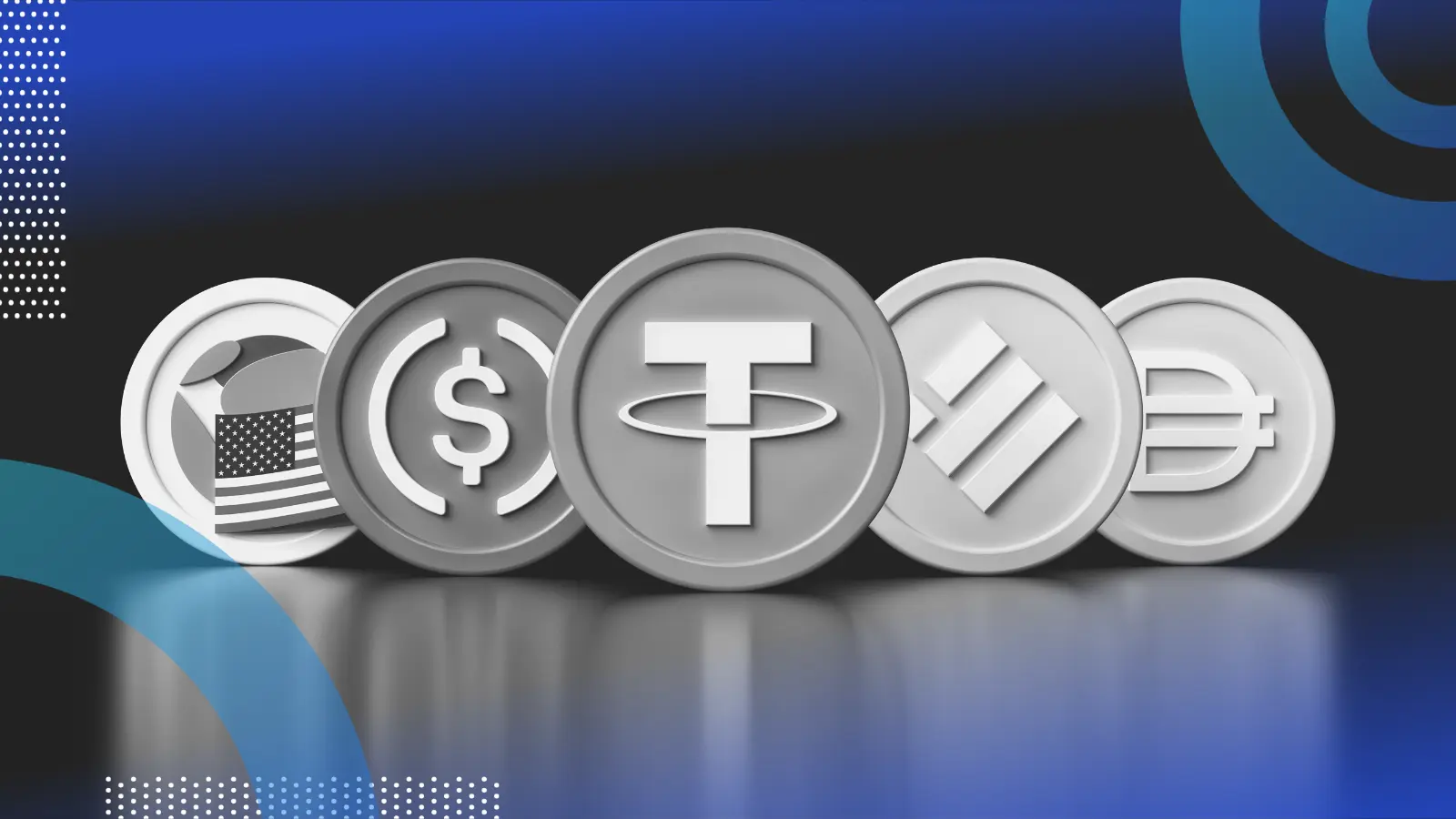A recent statement from David Sacks, President Donald Trump’s top crypto and AI advisor, has drawn significant attention. In it, Sacks claimed the United States could unlock trillions of dollars through stablecoin regulation. According to Sacks, providing a federal framework for stablecoins would immediately drive massive demand for U.S. Treasuries.
During an interview with CNBC, he explained that the lack of firm regulation has delayed capital that could support government debt purchases. He emphasized that clarity would enable stablecoin issuers to engage with U.S. Treasuries, opening new liquidity pathways safely.
Also Read: Binance Lists USD1 Stablecoin Tied to Trump, Sparks Political Uproar
Momentum behind this push appears to be gaining ground on Capitol Hill. A legislative effort known as the GENIUS Act—short for Guiding and Establishing National Innovation for U.S. Stablecoins—recently advanced through the Senate. The vote passed 66 to 32 and included support from 15 Democratic senators, reflecting bipartisan interest in establishing oversight for dollar-backed digital currencies.
The bill would set federal standards for stablecoin issuers while bringing these assets under U.S. regulatory control. Sacks described the act as a dual benefit, modernizing payment systems while redirecting untapped capital into the American financial infrastructure.
Stablecoin Regulation Could Offer Treasury Markets a New Lifeline
With over $200 billion in stablecoins already circulating globally, backers of the bill argue that formal guidelines would unlock substantial inflows into the U.S. debt market. Sacks noted that regulated stablecoins could act as conduits for easier and more cost-effective access to Treasuries, transforming the financial landscape.
Despite the promising outlook, some lawmakers and observers remain cautious. Critics have raised concerns about the Trump family’s links to World Liberty Financial, which introduced a stablecoin called USD1 backed by the Treasury. It was reported that Abu Dhabi’s MGX fund invested $2 billion into the company through Binance. This development comes after Binance admitted to breaking anti-money laundering rules, which raised concerns about their actions and influence.
Senator Josh Hawley has introduced a last-minute change that could cap how much credit card companies can charge for late fees. Banking lobbyists will likely oppose this plan, which may slow down the GENIUS Act’s final approval.
Still, the interest in establishing rules for stablecoins under the Trump administration shows the government is taking a new approach to digital assets. Should the GENIUS Act pass, stablecoins become a key part of debt markets in the United States and globally.
Conclusion
The GENIUS Act has brought stablecoins into the heart of the U.S. economic debate. As lawmakers consider the potential for digital dollars to support Treasury demand, regulatory clarity may soon reshape both the crypto landscape and the nation’s fiscal tools.
Also Read: Solana Price Nears Explosive Breakout as Bulls Target $180 Resistance Zone
